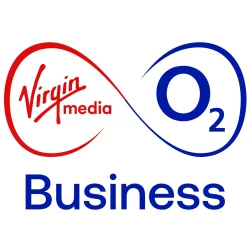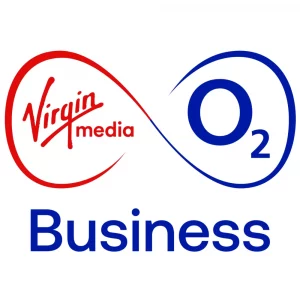Nominet Moot BAN on Swearing and Bad Language in UK Internet Domains
Nominet, which manages the registry of .uk Internet domain names, has at the behest of the government launched a review of its registration policy for new website domain names that will examine whether or not it should ban certain words and expressions (e.g. swearing).
The government believes that preventing bad words in domains names could help to tackle abusive behaviour on the Internet, which conflicts with Nominet’s current open policy of always accepting domain name registrations on a “first come, first served” basis (i.e. no vetting or restrictions as to who may register a co.uk and org.uk address).
At the same time Nominet also provides a Dispute Resolution Service (DRS) for tackling complaints, is a member of the Internet Watch Foundation (IWF) that helps to remove illegal content and has established working relationships with law enforcement agencies such as SOCA, the Metropolitan Police’s e-Crime Unit and Trading Standards.
Generally speaking most domain registries adopt a similar approach, although a few do have naming policies that prohibit offensive or immoral language in domain names.
Nominet’s Statement on .UK Registration Policy
“Lord Macdonald will work with Nominet’s policy team to conduct a series of meetings with key stakeholders, and to review and assess wider contributions from the internet community, which should be received by 4 November 2013. The goal is to deliver a report to Nominet’s board in December of this year, which will be published shortly thereafter.”
ISPreview.co.uk has already examined the problems of attempting to impose censorship on something as complex, fluid and so easily misinterpreted as swearing on the Internet (here and here). Indeed many of the same issues can also be applied to domain names and context remains a vitally important consideration.
In particular it can be very difficult to tackle things like masked vulgarity, not to mention the fact that one cultures swear word could easily mean something else to another person or in a different language. Similarly the letters that form a swear word could be picked out of longer website names (e.g. DickWhittington.blah), even though the original website name might not have been a swear word.
The fact that Nominet has chosen Lord Macdonald to chair its review is at least a good sign that the registry recognises the potential problems. Macdonald is a former director of Public Prosecutions and a trustee of the Index on Censorship. He also conducted a human rights audit for the Internet Watch Foundation.
Nominet’s Review of Domain Registration Policy
http://www.surveygizmo.com/s3/1355007/Registration-Policy-Review
UPDATE 1:18pm
The Director of business ISP Andrews & Arnold (AAISP) has added his comment.
Adrian Kennard said:
“1. The whole idea of banning swear words is mad! The whole idea of what constitutes a swear word changes over time, and depends massively on context. Domain names lack context, so is bloody.co.uk swearing? It would be a nightmare to manage a list and handle disputes.
2. Banning a word in a domain name registered at Nominet does nothing for all of the other top level domains. People in the UK often use web sites and email using .com domains or one of the hundreds of other top level and second level domains in the world. Our neighbour in the trading estate here persist in using a uk.net domain. If people cannot register in Nominet they will register elsewhere – so how does that, in any way, tackle abusive behaviour?
3. Banning a word in a UK domain at Nominet does not stop the word being used in a UK domain (especially with second level .uk domains being considered). If I have nicename.co.uk I can have ****ity.****.****.nicename.co.uk as a web site or in email address and the ban will have no effect on that as only the nicename.co.uk part is managed by Nominet.
4. You cannot tackle behavioural issues by such petty technical means anyway. If there are behavioural issues that need addressing, address the cause not the symptom.
5. This is, once again, an attempt at censorship, which is bad for lots of reasons, and breaks basic human rights to freedom of expression.”
Mark is a professional technology writer, IT consultant and computer engineer from Dorset (England), he also founded ISPreview in 1999 and enjoys analysing the latest telecoms and broadband developments. Find me on X (Twitter), Mastodon, Facebook and Linkedin.
« ISP Virgin Media Begins Pilot of Netflix Movies on TiVo with 40000 UK Homes
Latest UK ISP News
- FTTP (5509)
- BT (3513)
- Politics (2535)
- Openreach (2296)
- Business (2260)
- Building Digital UK (2243)
- FTTC (2042)
- Mobile Broadband (1972)
- Statistics (1787)
- 4G (1663)
- Virgin Media (1617)
- Ofcom Regulation (1459)
- Fibre Optic (1393)
- Wireless Internet (1389)
- FTTH (1381)
























































Comments are closed